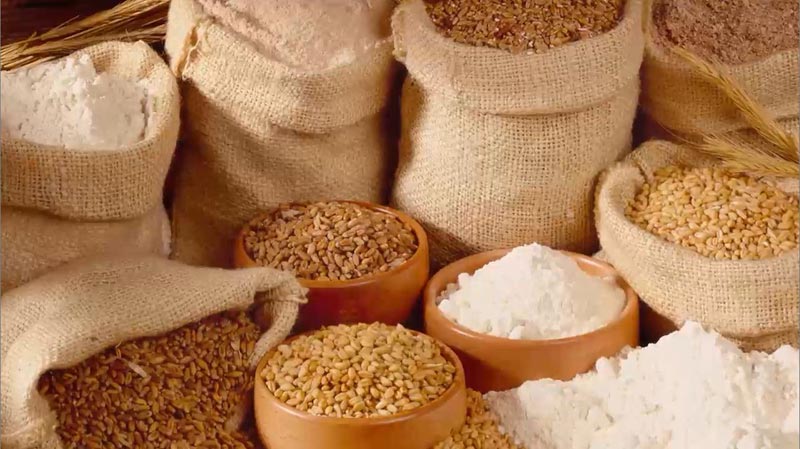
HEAVY FOOD IMPORTS MUST END, FG DECLARES

Nigeria is set to reduce its dependence on food imports, according to the Minister of Finance and Coordinating Minister of the Economy, Wale Edun, who outlined a bold strategy to boost domestic agricultural production and increase food security.
Edun, who spoke at a press conference in Abuja on Thursday to mark the country’s 64th Independence Day, declared that the era of heavy food importation must end, positioning this shift as a cornerstone of the government’s economic recovery plan.
“We should not be importing food,” Edun stated, stressing that Nigeria’s future lies in self-sufficiency.
The government, he said, was committed to supporting small-scale farmers by providing critical inputs like seeds and fertilizer under schemes such as the Nigerian Agricultural Growth Scheme.
The support will focus on enhancing both the wet and dry season harvests, reducing the need for imports in the short term while boosting productivity in the long term.
As an immediate measure, the government has ordered maize and wheat imports to stabilise the food market.
However, Edun stressed the importance of balancing this with domestic production.
“It is critical that we do not disrupt domestic production of food. We mustn’t disrupt farming in Nigeria by flooding the market with imports,” he warned.
As Edun made clear, the shift from food imports is not just an economic necessity but a critical step toward Nigeria’s future self-sufficiency.
“This is not where we should be,” he said of the country’s reliance on imported food. The new strategy, he argued, will put Nigeria on the path to economic independence and food security.
Edun’s remarks came as Nigeria grapples with rising food prices and a struggling agricultural sector that produces significantly lower yields than global standards.
The government’s long-term goal is to more than double agricultural productivity through improved local seedlings and better farming practices.
The drive to boost agriculture forms a key part of a broader economic overhaul, as the country also navigates the impact of the recent removal of fuel subsidies.
Meanwhile, Nigeria’s Minister of Budget and National Planning, Abubakar Bagudu, highlighted the country’s growing population as a critical challenge.
Bagudu noted that with Nigeria’s population doubling from 119 million in 1999 to 230 million today, the demand for infrastructure, education, and healthcare has surged.
He said, “There are 230 million of us. Not surprisingly, demand for government services, infrastructure, financing for education, and health services has grown significantly.
“In fact, in 1999, which was 25 years into our democratic journey, our population was 119 million. But while our population has been growing fivefold, our economy has not expanded as quickly as the population has expanded.”
